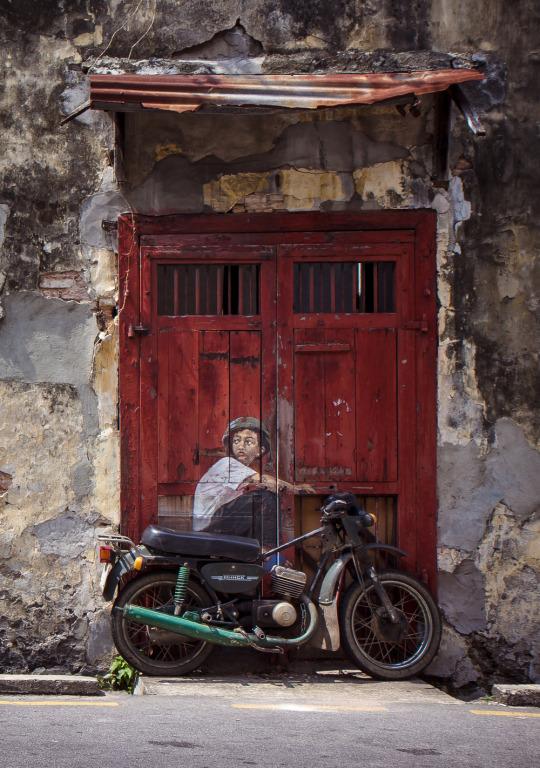By Gareth Richards
Penang Monthly
January 2017
Translation matters. It always has, but perhaps now more than ever. It is a paradox that globalisation offers the technological means of communication and conversation across borders, and yet politics (including the culture wars) seems to be driven by small-mindedness, xenophobia and enmity. It is these “moments in time when the world is changing” that “bring out the best and the worst in people,” as Malaysian author Tan Twan Eng puts it. If literature possesses an emancipatory potential – if it can open up spaces for critical thinking and be a flame in the darkness – then the act of translating fiction and poetry surely lies somewhere near its centre.
The recent edition of the George Town Literary Festival offered a clear focus on the potential of literary translation. In general terms, the thematic core of the festival – captured by the Welsh word hiraeth, the longing for a homeland that is no longer there – necessarily explored the ways in which literatures travel, across time and space. In addition, there were also dedicated panels that discussed the subtle arts of reading, reimagining and translating foreign fiction and poetry across many different languages. One thing was made clear: no one will ever read an author’s work as closely as her translator does.
We caught up with a number of respected literary translators at the festival to reflect on the process, products and prospects for this work in Malaysia and beyond. Here we feature the KL-based poet Pauline Fan, who is also co-editor of NARATIF | Kisah, a bilingual literary journal that features work by both Malaysian and international authors. For her, translation is a “confluence” of literary traditions where important connections are made. And this work is nested within an ongoing moment of “encounter, engagement and critical contemplation”. Continue reading “Conversations and Explorations: Pauline Fan an Exciting Time for Malaysian Literature”

